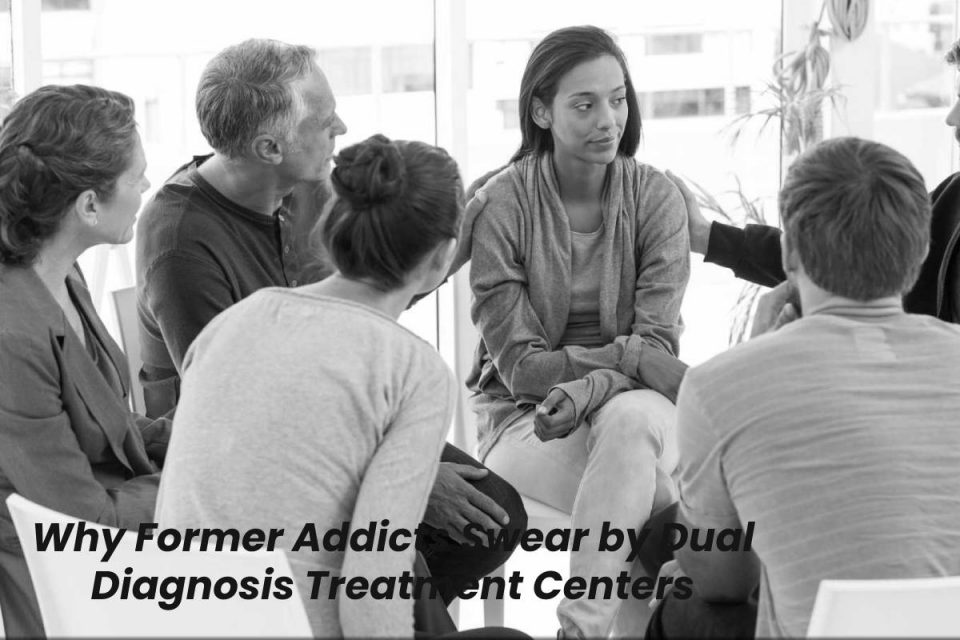An individual who has been diagnosed with two separate disorders simultaneously is said to have a dual diagnosis. It’s not unusual to hear about someone struggling with anxiety or depression who is also dealing with alcoholism or drug addiction.
Overcoming dual diagnosis is challenging because these problems often go hand in hand.
In the past, individuals who struggled with a dual diagnosis were often treated in separate facilities, making recovery even harder.
However, there is now a growing trend toward what’s known as dual diagnosis treatment, where patients receive treatment for both substance abuse and mental health conditions at a dual diagnosis treatment center.
Many people who’ve completed dual diagnosis treatment have made a lasting recovery from mental illness and substance abuse problems. Here is a detailed breakdown of why dual diagnosis treatment is believed to be so effective.
Table of Contents
Recovery is Based on Honesty
Honesty is a crucial component of getting better. The first step in dual diagnosis treatment is for patients to honestly confront the issues they’re dealing with. This is why many treatment programs are based on the 12-step model, where patients have to share their stories with others in the program.
This is often an essential aspect of recovery since patients must be completely open about their substance use and mental health problems. They need to talk about their experiences and feelings.
Honesty with others, but most importantly, oneself, is crucial to any treatment. Without it, the individual will never be able to get better.
A Holistic Approach to Recovery
The main difference between conventional and dual diagnosis treatment is that the latter is holistic.
Holistic treatment takes into account all aspects of the individual’s life. It focuses on more than just the substances the person is using. They take into account the patient’s mental state and other factors that are impacting their health.
This is important because many people with mental health issues also struggle with substance abuse.
Improved Psychological Well-Being
Many people with mental illness also struggle to find a purpose in life. They may question their value as individuals and even wonder if they’re worthy of being loved.
This can lead to feelings of isolation and a sense of hopelessness. It may even make it difficult for you to get support from loved ones.
However, if you’re receiving mental illness and substance abuse treatment, you’ll be offered different kinds of therapy that help build your self-confidence and self-worth. This will boost your self-esteem and make reaching out to loved ones easier when you need help. It will also make it easier for loved ones to show their support for you.
A Dual Diagnosis Treatment Center Can Help You Make a Lasting Recovery
Dual diagnosis treatment is essential because it allows individuals with dual diagnoses to receive treatment for both issues in the exact location.
This holistic approach allows the individual to address all aspects of their life. Additionally, it will enable the patient to focus on one problem at a time without being distracted by the other. When both disorders are treated simultaneously, the patient is more likely to make significant progress.
However, it is essential to note that not all treatment centers offer dual diagnosis treatment. You should ask a facility if they offer this type of program before committing to treatment there.

